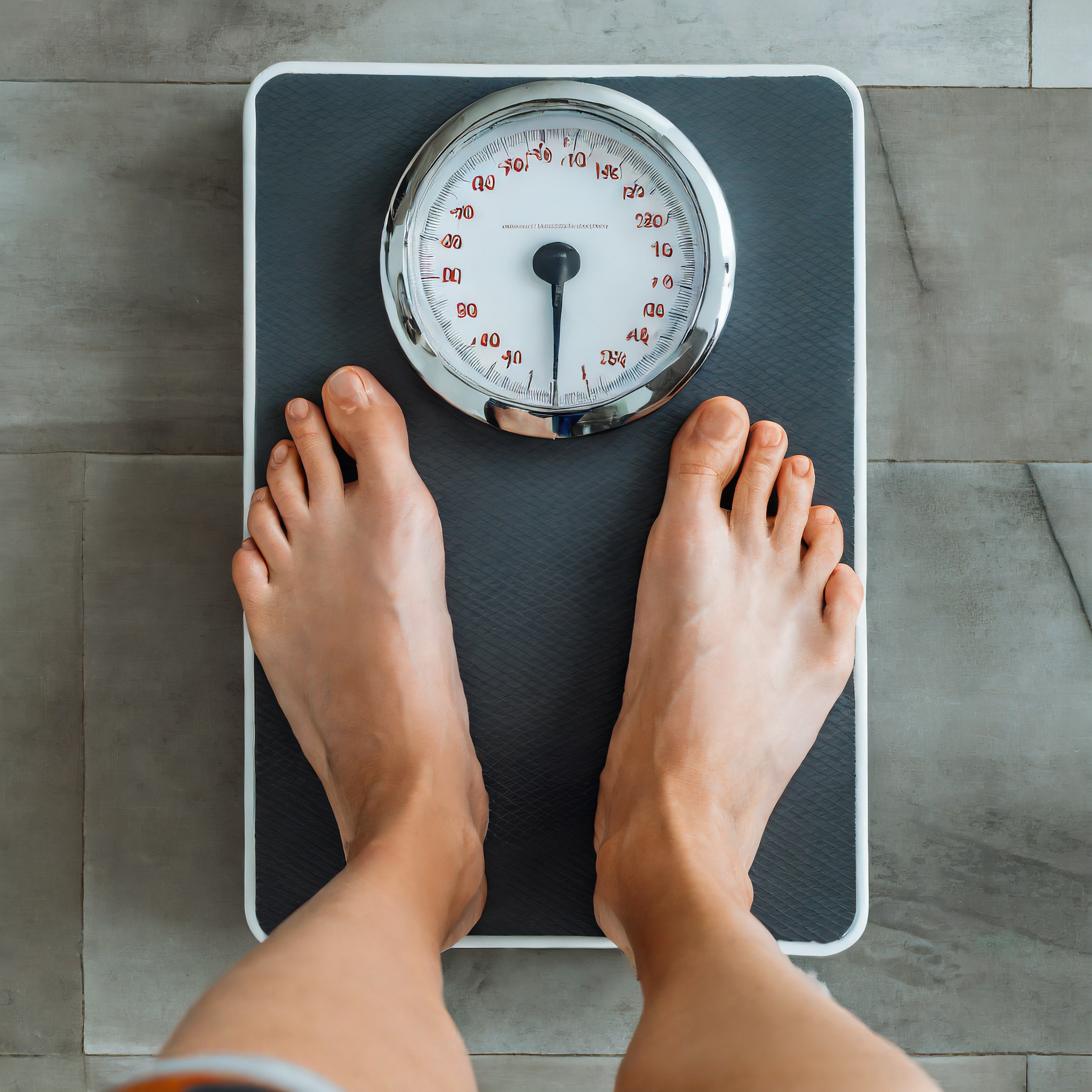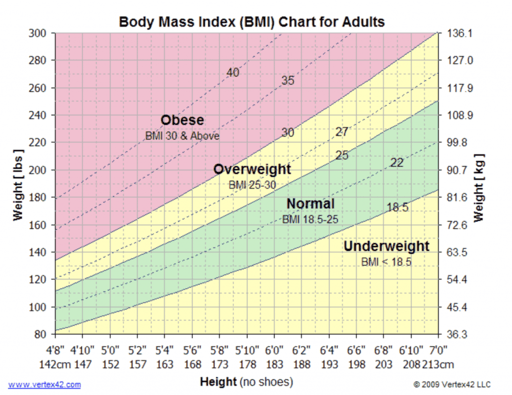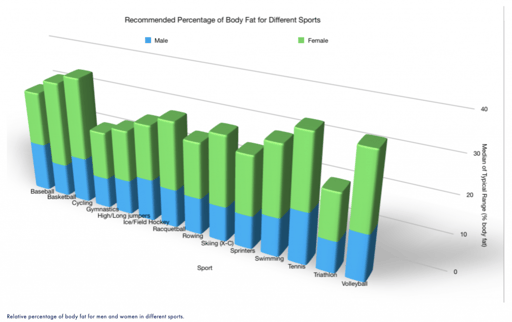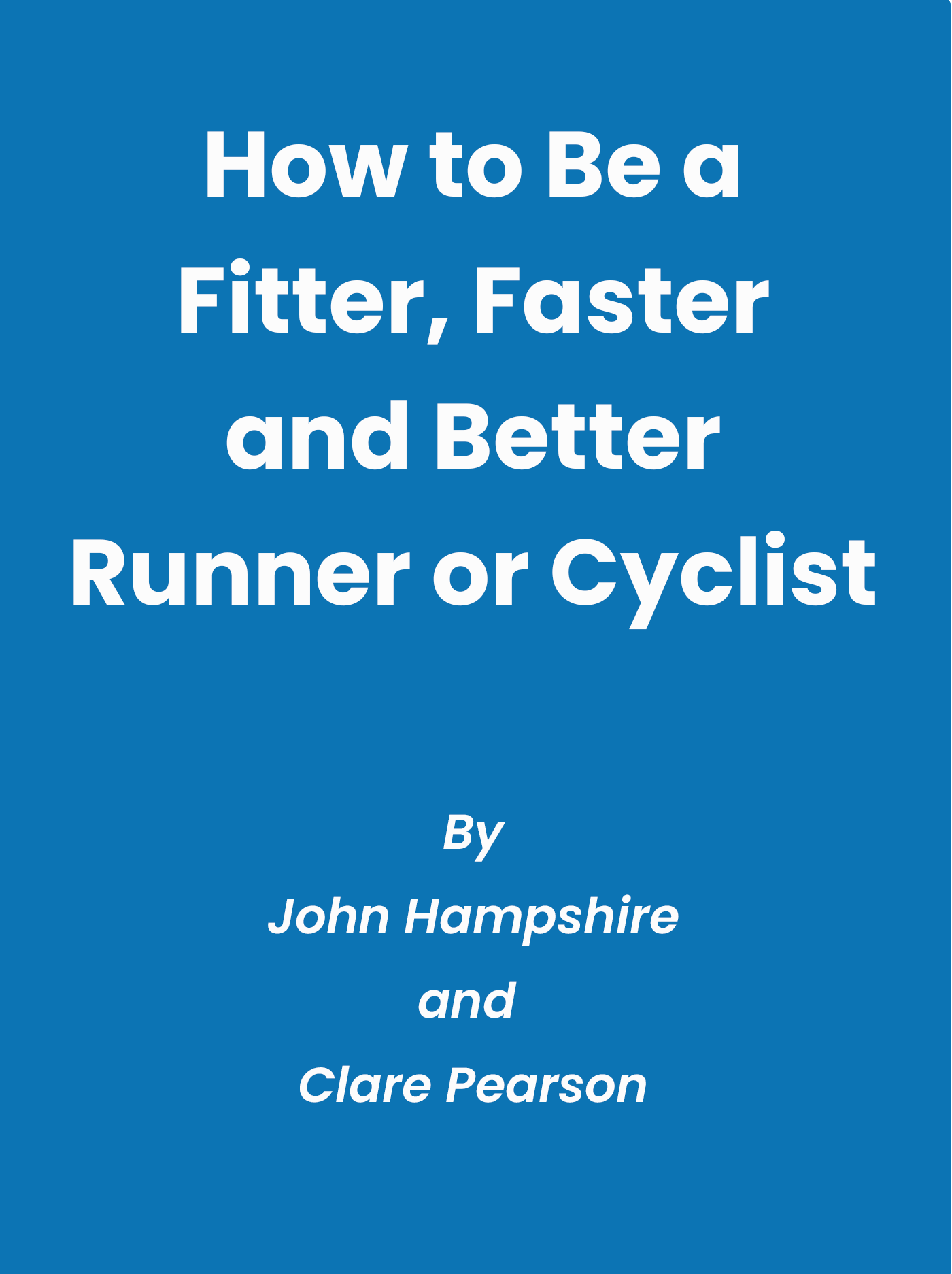Will Losing Weight Help Me to Be a Better Mountain Runner?

Following on from John’s last chapter about training and nutrition, I thought now would be a good time to talk about weight and running. So, will losing weight help you be a better runner? Undoubtedly if you are carrying extra weight, then losing some weight will reduce the amount of work you have to do, especially when running up those mountains! However, I have all too often seen runners lose too much weight and begin the slow decline towards multiple injuries, fatigue and declining performance. Being a healthy weight will help you be a better runner, being too thin can, however, be just as damaging to both your overall health and your performance as carrying too much weight.
So What is a Healthy Weight?
As John discussed in his last blog, Body Mass Index can be an indication of whether or not you are a healthy weight. This is a number derived from your body mass and height (mass divided by the square of your height).

However, it can be a little more complicated, not least because, as you can see, there is a range within each section, and depending on your sport your prime body composition can vary. For example, as runners we also seek to have enough muscle to be able to not just complete training, but support our muscles and joints and thus prevent injury from the repetitive action of running. Muscle weighs more than fat so a leaner person may actually weigh more than someone carrying a little more fat, but less muscle.
An added complication is that men and women are not built the same (for an in depth and useful discussion of this see Dr Stacey Sims comments in ‘Women are not Small Men.’ Women generally need to carry more fat than men in order to stay healthy as can be seen in the table below.
What is also clear is that different sports require different optimum weights and different muscle to fat ratios. Given the amount of climbing and sometimes scrambling required for mountain running the amount of muscle needed is invariably going to be different from road running.

Weight is very individual, but an ideal weight is essentially a weight at which you can maintain the performance required for your level of activity.
Food for Fuel
Nigel Mitchel in his book ‘Fuelling the Cycling Revolution’ talks about food for fuel and this is a good way to view the food we eat. As athletes we need enough fuel to train, compete and recover, as well as get on with whatever else we need to do in our day to day lives.
A good indication that you are a healthy weight is that you are performing well, feeling ready and energetic enough to tackle your training and are generally healthy and injury free (barring accidents).
Signs that you are not eating enough can be feeling constantly tired, being unable to hit target powers/paces in sessions, a decline in performance not attributable to anything else, multiple injuries and/or illnesses; women may also notice their periods getting lighter, less frequent or disappearing altogether.
Viewing exercise as a way to get thin can sometimes lead to restrictive eating, which in turn can lead to serious health problems. It is more than the scope of this article to talk about the psychological problems that can be associated with food and exercise, although in recent years several athletes have bravely come forward to talk about their own difficulties. If you think you have some psychological issues with food and/or exercise, it’s always best to speak to a qualified medical professional and access appropriate psychological help.
How much weight should I aim to lose?
In a culture of ‘quick fixes’ there is a plethora of articles on the internet advising you how to lose weight quickly. Most research shows that ‘fad’ dieting and losing weight quickly tends not to be long-lasting as the diets are not sustainable or healthy and people quickly revert to old eating habits.
General guidelines are to lose weight slowly (no more than 1kg a week) and to do so by eating a healthy, balanced diet. There are lots of applications that can help with this, MyFitness Pal being one I have frequently used to help me maintain a healthy weight to good effect. John has also created a useful spreadsheet using Anita Bean’s guidelines in her book ‘The Complete Guide to Sports Nutrition.’ This can help you decide how many calories you need based on your base metabolic rate, whether you want to lose, gain or maintain weight and the amount of exercise you are doing.
When should I lose weight?
For most recreational athletes of a healthy weight I honestly believe that better training will give you just as much if not more gains than losing weight. If, however, you are over the recommended BMI and you have excess fat to lose it’s a good idea to think carefully about when to start a diet plan. Starting to diet as you are training hard and wanting to peak for your main performance will compromise both your training and your race. A good time to lose a bit of weight is in your off season, when training is light and you are not putting your body under too much training stress.
What is BMR?
BMR is your base metabolic rate. This is the daily amount of calories you need to maintain a healthy weight even if you were to sit and do nothing all day. To get your actual calorific needs, you need to add to this any calories burned in exercise.
This is an added complication to weight loss as your BMR can vary depending on your muscle mass, whether you live in a hot or cold climate, whether you eat lots of small meals of fewer larger meals etc. There are several formulas for calculating your BMR; here is one called the Harris-Benedict formula:
Woman BMR = 665.1 + (9.563 x Weight in kg) + (1.850 x Height in cm) – (4.676 x Age in years)
Men BMR = 66.5 + (13.75 x Weight in kg) + (5.003 x Height in cm) – (6.755 x Age in years)
Once you have your BMR, you can estimate how many calories you need by adding on the calories you need for day to day living as well as the calories you use for exercise. If you have an active job, spend hours walking the dog or running around after children, you may need to add quite a lot even before getting to your more formal exercise activities. The easiest way is to use an estimate, there are many on line, and then add on your exercise calories based on the tool you use to track your training. Strava, Garmin, Suunto, TrainingPeaks, etc, all make an estimate of calories burned during exercise but be careful and make sure they work for you by tracking your weight as you tune the values for a few weeks before starting any planned changes.
How should I lose weight?
As is clear from everything discussed so far, weight loss is not an exact science. The best way to lose weight is to do so slowly, by restricting your normal calorie intake by about 200 calories per day. This should enable you to maintain a healthy diet without too much restriction. However, if you are generally sedentary, you may find that just taking up some exercise is enough to help you lose weight gradually. Equally, if you increase your exercise this may also give you the desired weight loss.
Some people choose to lose weight with the support of others by attending groups like Slimming World. Others find they need more one to one support from a nutritionalist of dietician. If you are worried about your weight in any way, I would also advise you to see your GP first.
Tags:
Mountain RunningApril 30, 2019

Comments